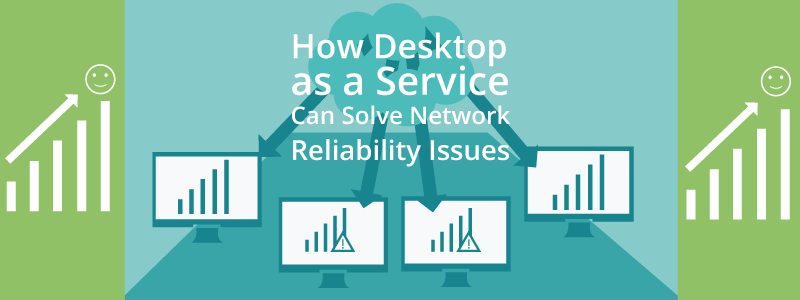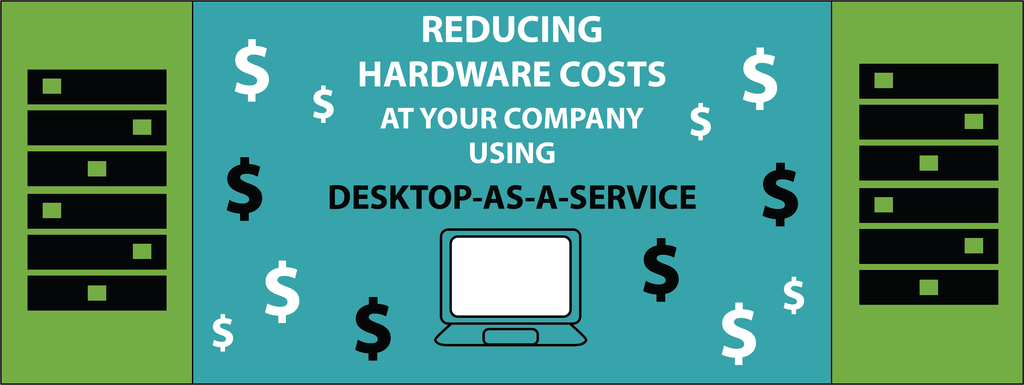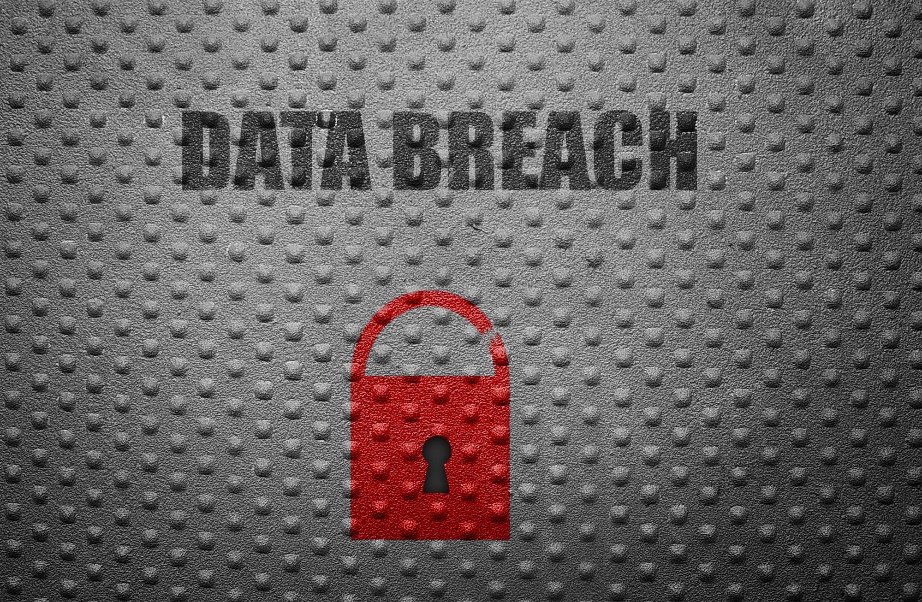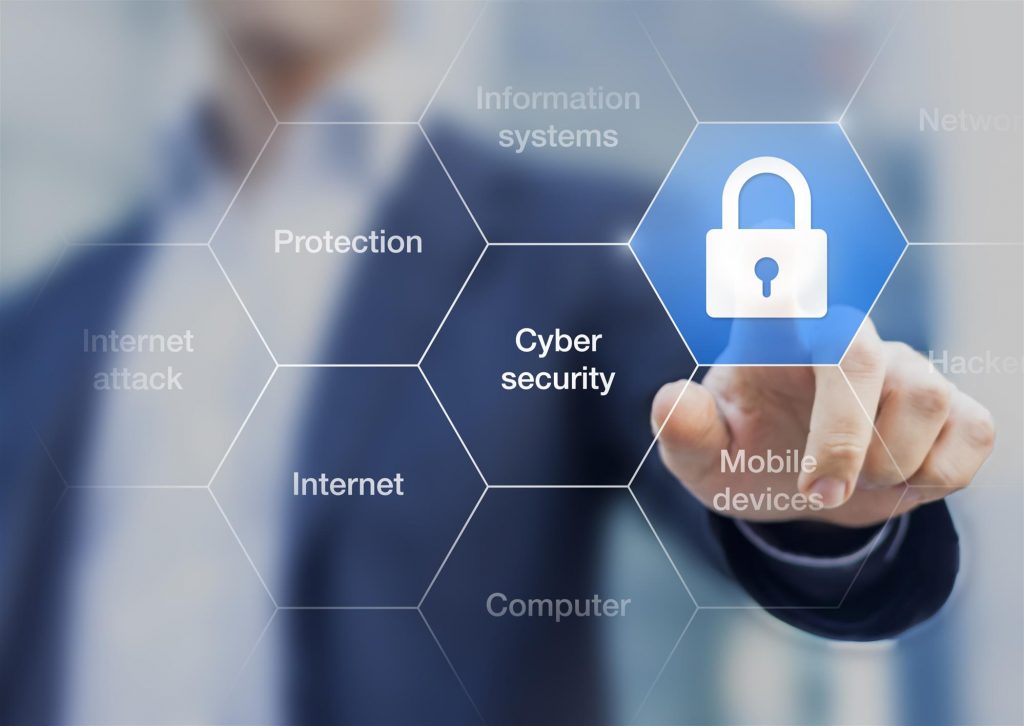Ransomware is a new form of cyber intrusion hackers are using to hold people’s computers hostage. Ransomware started appearing in 2013, and since has spread in the number of affected computers. Ransomware attacks are not just limited to businesses and have affected home users, too.
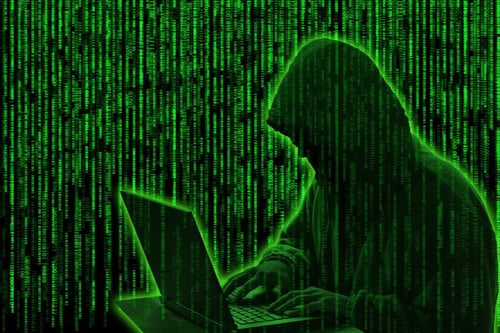
Essentially, what happens is the person is locked out of their computer, apps, or files by the malware on their hard drive. They are given instructions on what they need to do, like call a toll-free number, and then pay a fee to get the computer unlocked. You might also be asked to complete a serious of online surveys. In cases where the attacks have been against businesses, it is not uncommon for the hacker to demand a large cash payment.
However, even after satisfying the hacker’s demands, there is no guarantee they are going to unlock your computer. The easiest away to avoid becoming a victim of ransomware is to take proactive steps to protect your data, so if your computer is taken hostage you can simply format the hard drive and restore the data.
Some of the recommended ways to protect yourself include:
- Use virtual desktops and cloud computing services where everything is stored and backed up on a secure server online.
- Perform regular backups of your data.
- Never click on links in emails, unless you were expecting the message.
- Never open attachments in emails, unless you were expecting the file.
- Verify you antivirus/antispam software is up-to-date and run regular scans.
To learn more about how you can keep your data safe from ransomware, call CyberlinkASP at (972) 262-5200 now.

